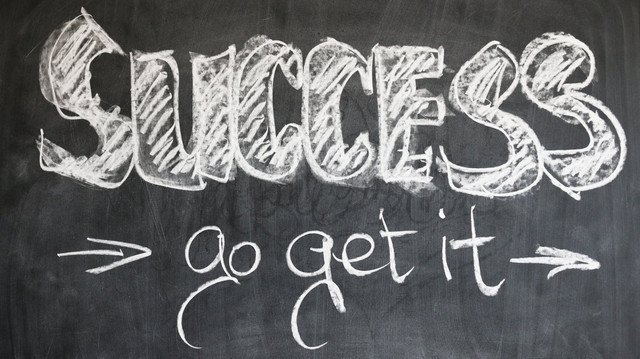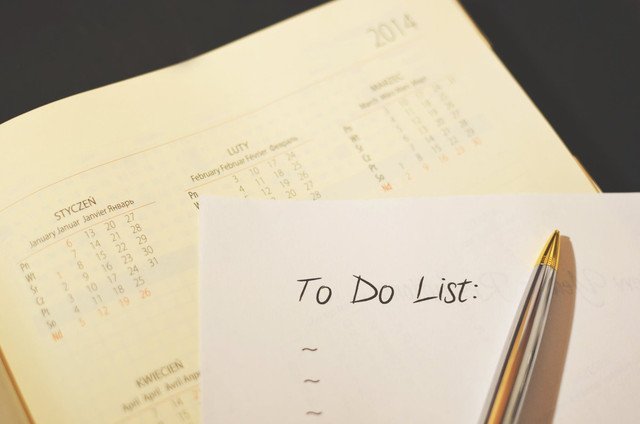Making the decision to become an indie artist has many advantages in today's music industry, but with it comes many responsibilities that artists who are signed by record labels rely on their labels for. These things are mostly administrative in nature.
Hopefully this step by step checklist can serve as a starting point for simplifying the release of a song by anyone wanting to do it right just like the major labels do.
Let's get into it.....
First, join my brand new indie artist discord channel here:
https://discord.gg/esgHUz
There's a few accounts and such that are vital to the success of any indie artists career because they govern legalities, financial and serve as "control panels" for various aspects of a song release.
Step 1 : Register your artist name as a business in your jurisdiction.
Fyi by becoming an indie artist, you are essentially opening a sole proprietorship business for profit. This means you'll need a business name to do business under, and also you will need to pay taxes just like any other businesses based on income after expenses. Having a business also gives you the right to write off expenses and lower your payable taxes. The other important aspect of being a registered business entity is, you will treat your artistry and career as a business and take it seriously. Your songs become your products for sale. You are your sales person. Its all about taking ownership
Step 2: Sign up for an account with a copyrighting office.
*In North America, there are two offices who deal with maintaining and enforcing copyright. In Canada, CIPO (Canadian Intellectual Property Office) controls copyright.
http://www.ic.gc.ca/eic/site/cipointernet-internetopic.nsf/eng/h_wr00003.html
In the United States, the US Library Of Congress holds all copyrights.
https://copyright.gov
The two differ in terms of how long each is willing to keep your records active after you die. CIPO will maintain your copyright for 50 years after you are deceased, whereas the US Library Of Congress will maintain records for 70 years after.
I'm a Canadian, but I always register my copyrights with the US Library because it lasts longer, and also, technically the internet is based in the USA so why not have the governing authority in the same place right?
For all intents and purposes, it's your choice, many Canadians file with the CIPO office and it works the same.
Step 3: Sign up with a PRO (Performing Rights Organization)
In Canada, SOCAN is the place to register as an artist and they will automatically collect royalties from the American Counterpart.
http://socan.ca
In the USA, you must sign up with either ASCAP or BMI (BMI being the more popular Rights society).
https://www.bmi.com/licensing/entry/business_using_music_bmi_and_performing_rights
Either way, you will later be registering your songs and their respective isrc codes with your PRO in order to collect performance royalties from live performance, and any radio play youay get.
Step 4: Register with Sound Exchange
Sound exchange is the digitaledium performance rights organization. They will collect royalties from digital sources like YouTube streams, Spotify, use of your music in any online entity.
Step 5: Sign Up with a distribution company
In order to release your music, you have to do it through a service that has that ability.
CD Baby is a top contender which charges anywhere from 9$ - 40$ for releasing music. It is a one time admin fee to have your music placed in every online store like Apple music, google play, amazon, etc. It also gets your music up on Spotify and any other streaming site internationally. They collect earnings from all of these locations and pay out to you, as well as flag and collect royalties from advertising on user generated content on YouTube. UGC is a term used to define when a person makes a YouTube video, and syncs your music to the background of their video. As the copyright holder of the music, you are the one who deserves to be paid for anyoney that video makes, so these distribution services act on your behalf to identify and collect any rogue uses of your music.
Having these things set up prior to attempting any music release is essential to collect your earnings from your music when it is consumed.
I hope this has helped you get closer to a successful release as an indie artist!
Stay tuned for more in the Indie Music Marketing Training Series
Module 1
https://steemit.com/music/@christheaudioguy/music-marketing-course-lesson-1-market-what
Cheers,
Chris


Great post
Thanks! There will be many more like it to help indie artists, stay tuned
Great post man, this could help fill a lot of missing gaps in indie artist's in 3rd world country's who don't have this support.